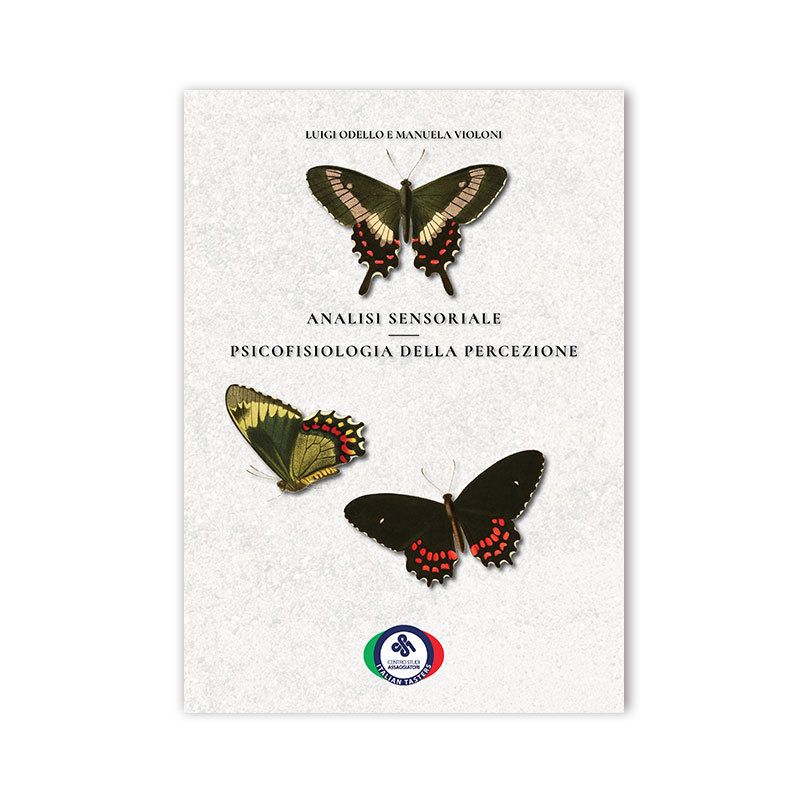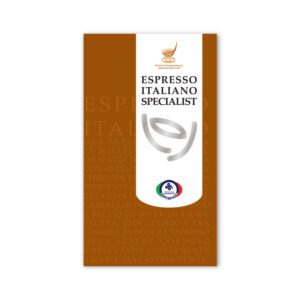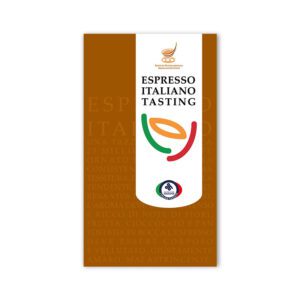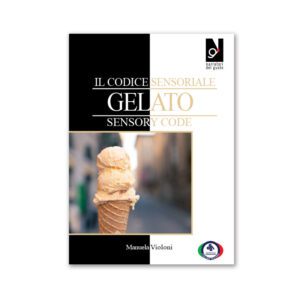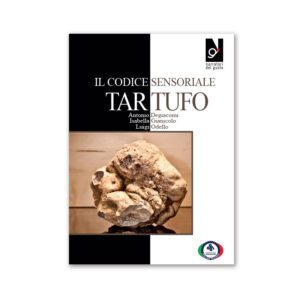Sensory Analysis – The Psychophysiology of Perception
€30,00
The psychology of perception and the nervous system
The psychology of perception and the nervous system
Objectives and instruments
From perception to sensory analysis
Mechanisms of reality alteration
The dominant information channel
Integration of sensory signals
From perception to sensory analysis
Conclusions
The sensory system: from stimulus to perception
Our telescopes on the world
Between stimulus and perception
Sensation and perception: a physiological, psychological or philosophical tangle?
The path of the stimulus
Receptors
Transmission pathways
Towards the black box…
The brain
Inside the black box
The compartmentalised brain? Not quite.
The vestibular system
A smell that makes you want to lick your eyeballs: the secrets of synaesthesia
Physiology: Receptor organs
Sight
A look inside
Visual perception
Perception: last act
Hearing
Sound stimulus
Sound, noise, harmony
The ear
The auditory canals
The auditory cortex
To sum up
Smell
The 9 cardinal values of olfactory seduction
The nose
The anatomy of smell
Perception mechanism
Memorising smells
Evaluation of perception
Individuals and perception
Describing olfactory perception
Touch
Touch or somaesthetic system?
Physical sensations
Chemical sensations
Taste
The taste ‘nipples’
The process of perceiving flavours
Recognising flavours
Flavours
Flavours & knowledge
Description
What makes a good taster? Certainly experience, but also, above all, in-depth knowledge of the senses, of their potential, of their limits and of their deceits. The world is not how we perceive it: what we sense is the result of complex processing that distorts physical reality in a different way for each person.
Do you know how many tastes really exist? And that our nose is a chemical detection tool unmatched by technique, capable of isolating more than 400.000 molecules? And how can a wine make us happy? Why can’t we detect the slightest temperature changes? Our senses are our most important form of knowledge of the physical world, yet we cannot always bare what lies behind the veil of sensations.
This easy and fast reading reveals every secret of our senses, from our receptor organs to the brain, as told by people who have made sensory analysis their job and a tool to test the quality of all that becomes part of our daily life by way of sensations: from coffee to cars.
Additional Information
| Dimensions | N/A |
|---|---|
| Disponibile nelle lingue | English, Italian, Russian |
| Scegli il formato desiderato | Digital, Paper |

